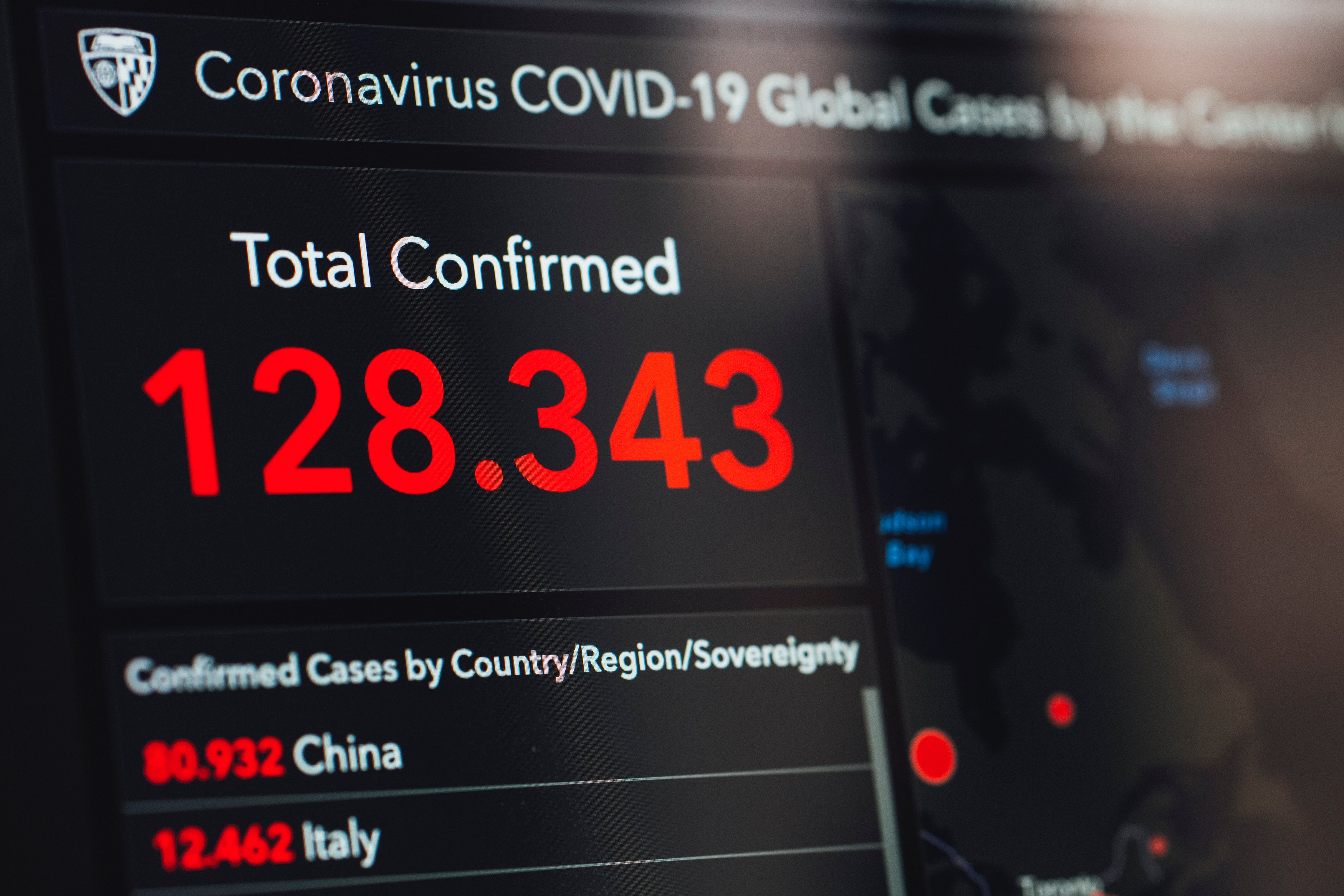PECUNIA and the Coronavirus Outbreak: Societal Impact of a Disease
The current situation with COVID-19 affects the entire society: schools and shops are closed; a part of the working population has to work day and night, while others lost their jobs. Just these few examples already illustrate how a health issue can affect the whole society, including the education sector, the labor market and other sectors that are of economic relevance. As this pandemic is not under control yet, it is hard to oversee its total economic impact on society. In the field of health economics, researchers aim to estimate the economic impact of, for instance, diseases. By doing so, they eventually strive to keep healthcare affordable and accessible for everybody. In this short article, we will introduce health economics and describe how it relates to the coronavirus outbreak, and how the outbreak highlights the relevance of the Horizon-2020 PECUNIA research project, in which Maastricht University is currently involved.
Healthcare costs increasingly outweigh resources. This means that, for some decades in a row, healthcare costs have increased on the one hand, while the budget to subsidize healthcare did not grow parallel. Given that resources are scarce, it is important that economic aspects of healthcare are taken into account. Economic evaluations (in which costs and/or outcomes of different alternatives are compared) are a tool that helps policy makers to make healthcare-related decisions (e.g. on how to allocate scarce resources (such as money, materials) among competing demands)).
Thus far, economic evaluations usually consider costs in the healthcare sector only. Examples of these are the costs of general practitioner visits, medical specialist visits, overnight stays in a hospital, and drug costs among many other. However, increasingly more researchers start to acknowledge that the economic impact of a disease is not limited to the healthcare sector. Many diseases can lead to costs in other societal sectors and exclusion of these costs in economic evaluations can lead to misleading results. If relevant costs or cost-savings are excluded from the analysis, this might unrightfully lead to a preference of treatment A over treatment B. However, little is known about the costs in these other sectors. In the Horizon-2020 PECUNIA Project (grant agreement No 779292), a consortium of ten academic institutions in six European countries strives to identify and frame the costs outside the healthcare sector. PECUNIA is short for “ProgrammE in Costing, resource use measurement and outcome valuation for Use in multi-sectoral National and International health economic evaluAtions” and aims to tackle the healthcare challenges of an ever-growing and rapidly ageing population in the EU by developing new standardised, harmonised and validated methods and tools for the assessment of costs and outcomes in European healthcare systems. They have identified four sectors besides the healthcare sector that can incur substantial costs due to various diseases. Those sectors include education, employment (both paid and unpaid work), patient and family, and (criminal) justice.
With the current pandemic, the impact of a disease on society becomes more evident than ever. Since schools are closed, all education activities needed to be transferred to an online environment, leading to costs in the education sector. People who contracted the virus (and often their family members) are not able to work. Others have a higher workload (e.g. doctors and nurses). People working from home might be less productive, while some people are stuck at home unemployed. This results in costs in, among others, the employment sector. Additional costs for families result from having to do groceries for people stuck in quarantine and parents having to assist their children with home schooling, which includes both actual expenses and time lost. Introduction of new regulations requires the police to enforce them and to make sure that people are following them, which leads to additional costs to the justice system. The examples above illustrate the costs born in sectors outside the healthcare sector, as a direct or indirect consequence of the coronavirus outbreak. The costs in the healthcare sector are certainly substantial, yet so are the costs in other sectors.
The PECUNIA project aims to identify costs in- and outside the healthcare sector following a standardized approach. By doing so, the cost measurement methodology can be used in multiple European countries to produce comparable input data for economic analyses and facilitate the comparability of the results. The sectors identified in the PECUNIA project are affected by the outbreak, but we also see that many more sectors are affected as well. As international trade is currently restricted, the economic sector is affected; if the house prices go down, the real-estate market might get affected, and with reduced emissions due to less travel and production, the environmental sector is affected as well. Taking a broad multi-sectoral economic view on health related issues is therefore imperative. PECUNIA I is therefore only a first start, indicating the relevance of a possible PECUNIA II.
By: Luca Janssen and Irina Pokhilenko, PhD candidates
RL Creating Value-Based Health Care

More information on the PECUNIA project can be found on the website: www.pecunia-project.eu or follow us on twitter: www.twitter.com/pecunia_EU
Also read
-
Maastricht University students have won the Dutch final of the student competition Ecotrophelia, a drinking vinegar based on apple cider vinegar, fruit and herbs.
-
In the upcoming months, we’ll share tips on Instagram for our students on how to live a healthier life. Not just a random collection, but tips based on actual research happening at our faculty. The brains behind this idea are Lieve Vonken and Gido Metz, PhD candidates at CAPHRI, the Care and Public...
-
Mayke Oosterloo is a movement disorders neurologist at Maastricht UMC+ and a researcher at the MHeNs institute of Maastricht University. In the outpatient clinic and various nursing homes in Limburg, she guides and treats patients (and their loved ones) with Huntington's disease.


